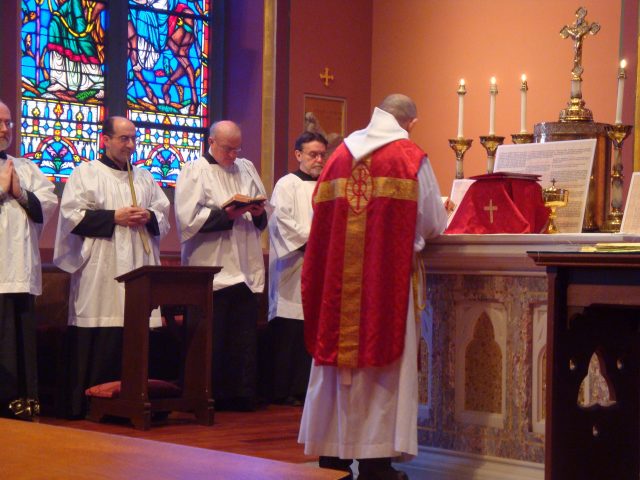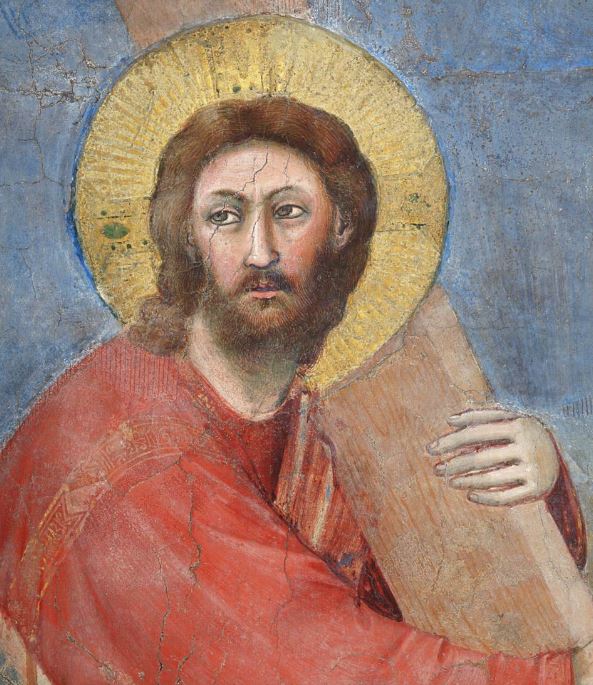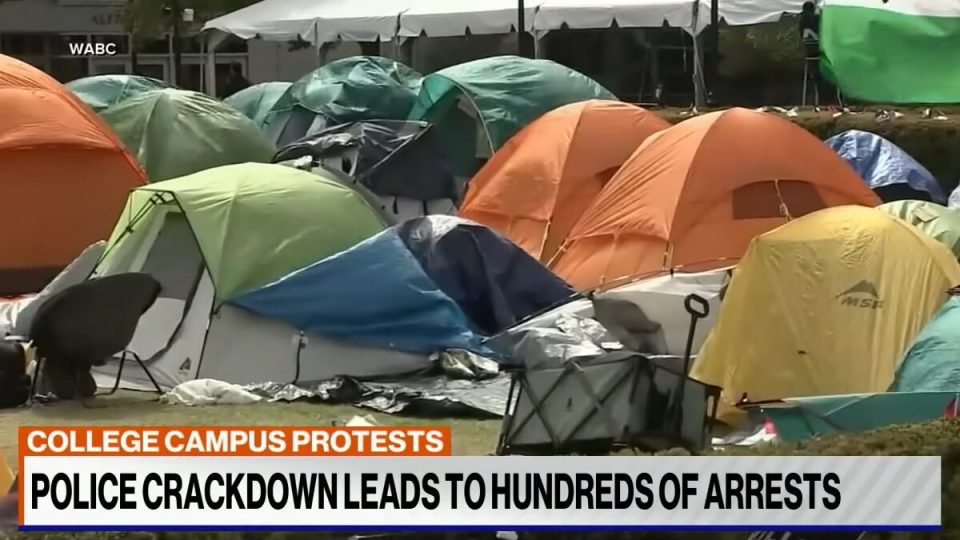By Dr. Jeff Mirus, Catholic Culture, Feb 14, 2023
Jeffrey Mirus holds a Ph.D. in intellectual history from Princeton University. A co-founder of Christendom College, he also pioneered Catholic Internet services. He is the founder of Trinity Communications and CatholicCulture.org
 In Phil Lawler’s post last Friday on A new Vatican move against the Latin Mass, he raised the question of whether a bishop must obey the directives of Curial officials in Rome. In theory, the answer is “No”, though in practice it can be “Yes” under various circumstances—which circumstances also include a prudential judgment about the consequences of the “No”. Let me explain.
In Phil Lawler’s post last Friday on A new Vatican move against the Latin Mass, he raised the question of whether a bishop must obey the directives of Curial officials in Rome. In theory, the answer is “No”, though in practice it can be “Yes” under various circumstances—which circumstances also include a prudential judgment about the consequences of the “No”. Let me explain.
All authority in the Church is in one important sense personal. I do not mean that ecclesiastical authority does not depend on the office held by the person. That goes without saying, but it is personal in the sense that it belongs exclusively to the one person who holds the particular office in question. The universal papal authority is exercised personally by the current Pope; the local territorial episcopal authority is exercised personally by the current bishop. The Church is not like a bureaucratic government in which, for example, the “Administration” of an American president has the right in a general sense to exercise presidential authority.
For example, the appeal in American politics against overreach by a presidential administration is to the courts. But the appeal in the Church against overreach by a Curial official is to the Pope. …





 In Phil Lawler’s post last Friday on
In Phil Lawler’s post last Friday on 

